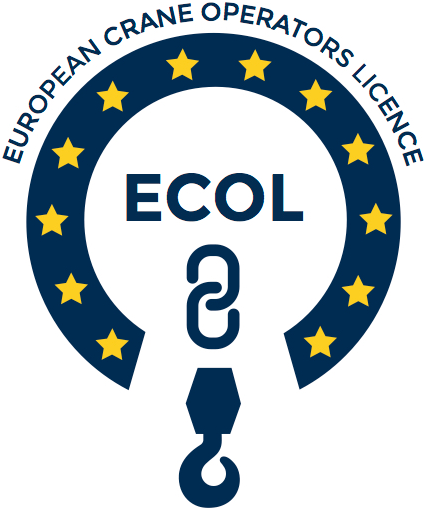In 2013, ESTA (the European association for Abnormal Transport and Mobile Cranes) took the initiative to investigate whether and how a European craft proficiency certificate for crane operators could be established for the industry.
Currently each European Union member state has its own rules in the field of professional competence and certification of crane operators. These rules differ from country to country and range from compulsory to optional and even to no rules at all. These differences lead to the situation that a crane operator can drive with their crane on the road throughout Europe, but can operate the crane only in their home country. It also leads to confusion which has a negative impact on safety and prevents the mobility of drivers in Europe.
For this reason ESTA has committed itself to developing a system for optimum distribution of safe and qualified crane operators within Europe in the near future. Similar initiatives have been established in the United States (NCCCO) and Australia (CICA). The work of both NCCCO and CICA were studied to serve as possible examples for Europe.
ESTA formed a workgroup with representatives from the crane users, crane manufacturers and labour unions. This workgroup was given the assignment to try and establish a licensing system for Mobile Crane operators that would eventually be recognized throughout Europe.
The workgroup started its work in 2014 and had 21 meetings in the following years, until it handed over the framework of the ECOL licensing project to the ECOL Supervisory Board and the Expert Committee on the 1stof January 2019. Since that date ECOL is functioning independently from ESTA.
It is ECOL’s mission to enable every crane operator in Europe to demonstrate that he or she meets the minimum requirements of the industry.
